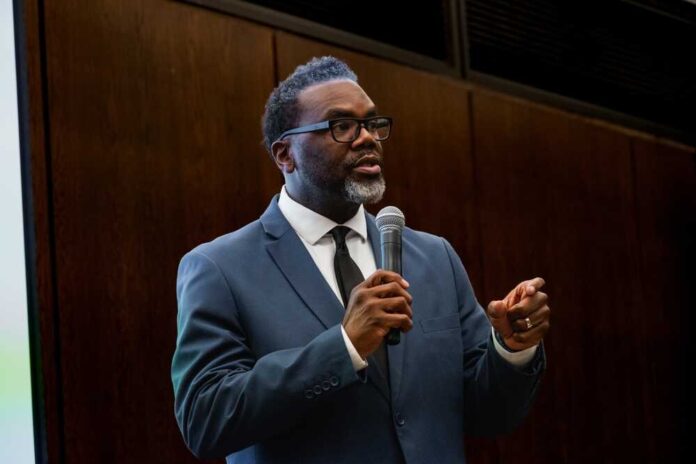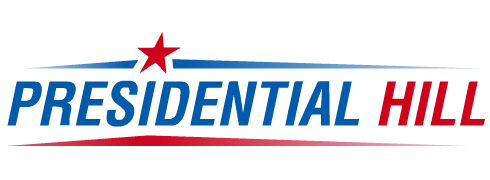
Chicago’s progressive mayor last week said he wants city-owned grocery stores serving South and West side neighborhoods that lack grocery stores now that Whole Foods and Walmart stores have closed, the New York Post reported.
Mayor Brandon Johnson announced last week that the city would partner with the Economic Security Project, a nonprofit advocacy group, to open stores in areas of Chicago that have become “food deserts.”
According to CBS News, under Johnson’s plan, Chicago would use economic development grants to open city-run stores.
The mayor’s policy chief Umi Grisby told CBS Chicago that city taxpayers would not be paying to create the city-run stores. Instead, the city will access federal and state funding.
Republicans blasted the plan, describing it as “Soviet-style central planning.” And while the city-owned stores may not directly use Chicago taxpayers’ money, the state and federal funding is provided by taxpayers.
Walmart and Whole Foods closed down stores located in Chicago’s South and West sides due to the lack of profitability.
Grisby boasted that the city-owned stores would not be about profitability but instead “about what is the impact on Chicagoans.”
In a statement to the New York Post, Walmart cited an April press release from the company explaining that since Walmart opened its first store in Chicago 17 years ago, none of its locations in the city have ever been profitable.
Whole Foods shut down its South Side location last November after being open only six years. The high-end organic grocery store was far too expensive for the Englewood community and was often empty even at peak shopping times, according to Block Chicago.
Chicago Republican Party Chair Steve Boulton told the New York Post that the solution to food deserts is to promote “capitalist prosperity” while putting a stop to crime. He said the solution is not to inject “more socialist dependency.”














